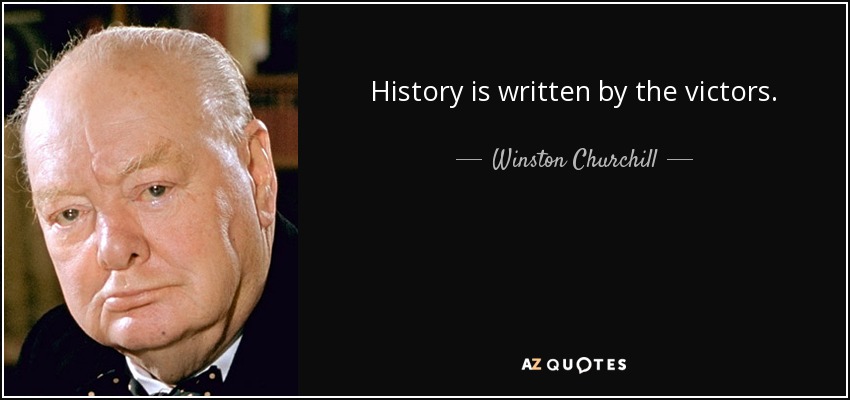In the annals of human civilization, the adage “history is written by the victors” has echoed through generations, encapsulating the notion that the dominant powers shape and control the narratives of the past. This maxim implies a simplification: that those who triumph in conflicts or hold positions of power are the sole architects of historical discourse. However, a closer examination reveals a more intricate interplay of perspectives, biases, and influences that contribute to the multifaceted tapestry of history.
At its core, history is a mosaic of stories, interpretations, and accounts woven together from myriad sources, each offering a glimpse into the past through its own lens. While the actions and triumphs of victorious powers undoubtedly leave a significant imprint on historical records, to assert their absolute authority over the narrative is to overlook the agency of diverse voices and marginalized communities whose stories often lie beneath the surface.
Consider, for instance, the countless instances where the narratives of the marginalized, the oppressed, and the conquered have been suppressed, distorted, or erased by those in power. From colonial conquests to cultural subjugation, history bears witness to the systematic silencing of voices deemed inconsequential or inconvenient to the prevailing hegemony. Yet, even within these suppressed narratives, there exists a reservoir of resilience and resistance, where the stories of the downtrodden persist as whispers against the winds of time.
The notion that victors singularly dictate history fails to account for the complexities of memory, interpretation, and historiography. As societies evolve and perspectives shift, so too do the narratives of the past. Historians, scholars, and storytellers continually reevaluate and reinterpret historical events, unearthing forgotten truths and challenging established narratives. Through their efforts, history becomes a dynamic dialogue between the past and the present, enriched by diverse viewpoints and scholarly discourse.
Inclusivity
The digital age has democratized access to historical information, empowering individuals and communities to reclaim and retell their own stories. Social media platforms, online archives, and digital humanities projects provide avenues for voices that have long been marginalized to find expression and recognition. Grassroots initiatives and community-led efforts to preserve oral histories, cultural traditions, and ancestral knowledge offer a counterbalance to mainstream historical narratives, enriching our understanding of the past and fostering inclusivity in historical discourse.
Perspective
In light of these complexities, it becomes evident that the maxim “history is written by the victors” only scratches the surface of a much deeper and nuanced reality. While the influence of dominant powers undoubtedly shapes historical narratives, to reduce history to a mere tool of conquest is to overlook its inherent plurality and resilience. History is not a monolithic edifice erected by the powerful, but a mosaic of voices, perspectives, and experiences that defy singular interpretation.
Conclusion
As we navigate the currents of history, let us remain vigilant against the erasure of voices and the distortion of truths. Let us embrace the diversity of perspectives that enrich our understanding of the past and acknowledge the agency of those whose stories have been marginalized or silenced. For in the collective tapestry of human history, it is not just the victors who leave their mark, but all those who dare to defy the constraints of silence and reclaim their place in the annals of time.


